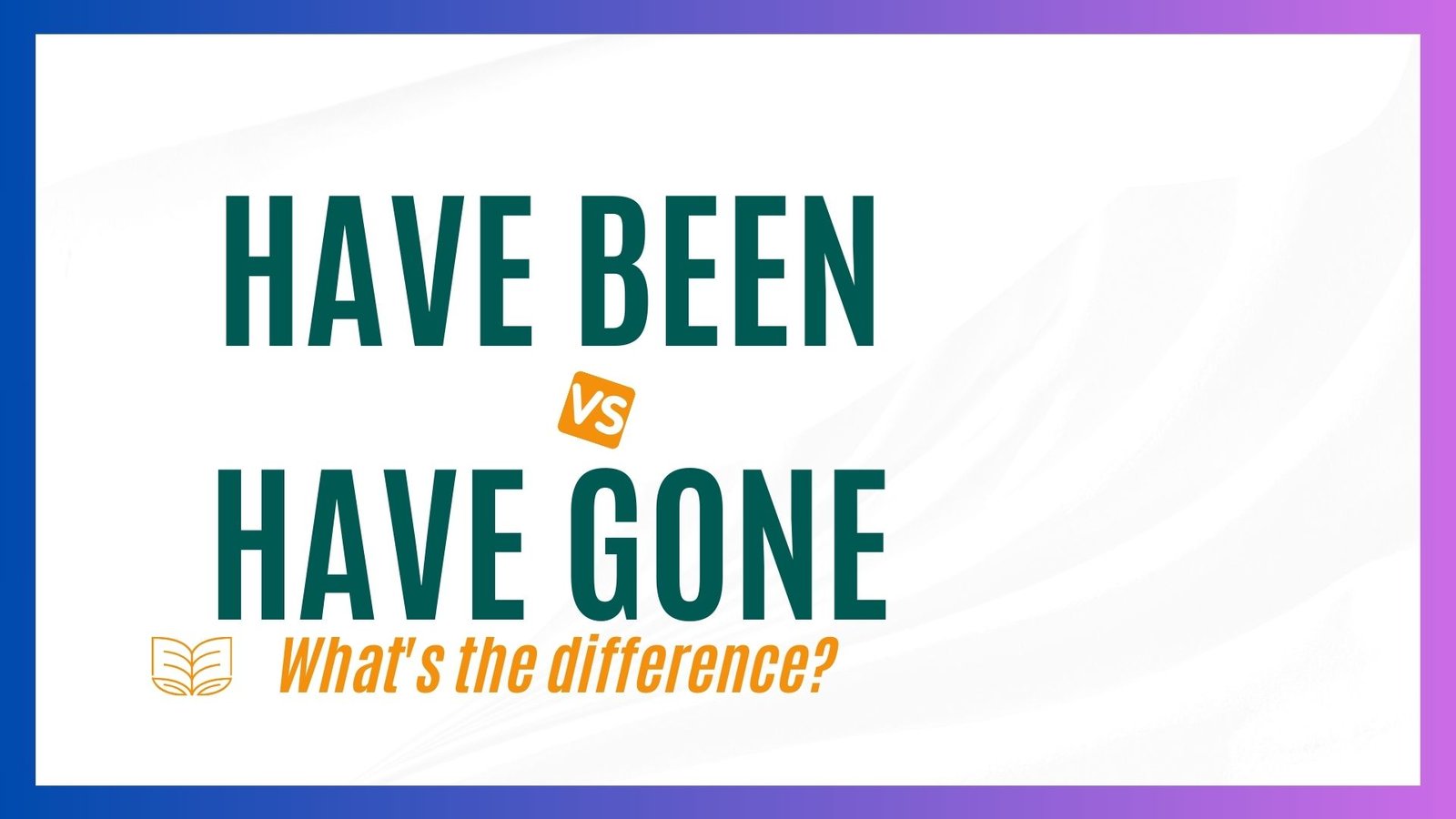

PETRA YVONNE ENGLISH
Ways of Communication
COMMUNICATION is how people express and share their feelings, opinions, ideas, and needs. It is based on: speaking, writing, signals, sounds, behaviours, symbols, and colours.
There are different forms of communication:
FORMAL COMMUNICATION
- Formal communication is necessary for serious or official situations between people who don’t know each other very well. For example, it may be communication between a teacher and a student, a shop assistant and a customer, a policeman and a driver, or a conversation between business partners.
- People are careful about how to express some ideas. They choose the right words, correct grammar, and communicate logical ideas.
- Types of formal communication: ▪ speech ▪ lecture ▪ ceremony
INFORMAL COMMUNICATION
- Friends and members of a family communicate informally. They use slang, dialect, and sometimes swear words, or profanity as well.
- This is communication between colleagues, schoolmates, siblings, parents and their
children, friends. - Types of informal communication: ▪ chat ▪ gossip ▪ discussion ▪ whispering
VERBAL COMMUNICATION
- Verbal communication is the use of words to share information with other people.
- This communication can be divided into:
1. Spoken/Oral communication/Face-to-face communication in real time
2. Written communication
1. Oral Communication
This is influenced by:
– the volume of the voice,
– the speed,
– the intonation of the voice,
– conversational pauses,
– mood and facial expressions of the interlocutors, or speakers
PROS of oral communication:
- We can ask what we want, and we get direct feedback.
- We can see the partner’s reactions and feelings. We can see if they are happy, unhappy, nervous, angry, or worried.
- We can repeat some words, or put stress on particular words to highlight their importance.
- We can explain ideas in more detail or more simplicity.
- We can show our attitude or emote, we can convince, apologize, support, tell a lie, tell the truth, complain, explain, and give instruction.
CONS
- When we say something, we cannot take it back.
2. Written Communication
- We type words, signs, and symbols and use emoticons in written communication.
- It is somewhat slower communication, but we have more time when we write. However, the reader cannot react immediately = there is a delay in communication.
- We try to choose the right words to express ourselves as best as possible.
- We also think about the correct spelling and grammar.
- To maintain clarity, we need to plan and organize our thoughts well.
- Punctuation is also essential in written texts.
For example: a question mark (?), a full stop/period (.), an exclamation mark (!), a dash (-), a comma (,), a colon (:), a semi-colon (;). - We use this type of communication to write formal and informal letters, emails,
messages, and short notes.
THE KISS PRINCIPLE
KISS: Keep It Short and Simple. To have successful conversations, we may apply this principle to our discussions.
QUESTION TIME
Part 1
- What is communication?
- What are the differences between formal and informal communication?
- What are the pros and cons of communication in real time? What is it influenced by?
- How does written communication differ from face-to-face communication?
NONVERBAL COMMUNICATION
This is communication without the use of spoken language. Nonverbal communication includes gestures, facial expressions, and body positions (known collectively as ‘body
language’).
- Facial expressions are feelings expressed on our faces. For example: boredom, anger, happiness, sadness, fear, and surprise.
– If we are bored or tired, we yawn.
– If we are upset or angry, we frown.
– If we feel embarrassed, we blush.
– If we are delighted, we grin. - Gestures are movements of the body, arms, hands, or head to express an idea or feeling.
– If we are nervous or scared, we often bite our nails.
– If we give somebody the thumbs up, it is a positive sign of success.
– If we agree with something, we nod our heads.
– If a meal is delicious, we lick our lips. - Shaking hands is a gesture that we use to congratulate somebody or when we meet other people.
- Hugging and kissing on the cheek is a familiar gesture when meeting a friend, parents, children, or a partner.
- The practice of using air quotes, using your fingers to imitate quotation marks („ „) for sarcasm. Air quotes can be used to show sarcasm. In other words, you are not convinced that something is true.
SPECIFIC COMMUNICATION
- Sign language is a system of hand movements and gestures representing words and
ideas. It is for differently abled people, for example – deaf people (people who can’t speak and hear) who entirely rely on their body language. - The Braille alphabet, or braille, is an alphabetical system for the blind that can be felt with the fingertips.
- Morse Code, or morse, is a code used for sending messages. It represents each letter of the alphabet using short and long sounds or flashes of light, which can be written down as dots and dashes. For instance, SOS – Save Our Souls . . . – – – . . .
QUESTION TIME
part 2
- Define nonverbal communication.
- What can facial expressions express?
- How would you express the following with body language? You are bored or sleepy. / You are upset or angry. / You are nervous or scared. / You meet your close friends. / You want to express success or that you like something.
- What kinds of communication belong to the category of specific communication? How are they useful?
SYMBOLS AND COLORS
Even symbols and colors can communicate. No words are needed. For example:
- An owl represents wisdom.
- A bee represents diligence.
- The letter H means hospital.
- The letter P stands for a car park/parking.
- Black is the color of death.
- White often represents purity and innocence.
SLANG
This is a very informal kind of vocabulary. Slang is used primarily in speech by people who know each other well and share the same social background. Here are some slang words and expressions:
- chillax – means to calm down, relax
- R&R – means rest and recuperation
- a bestie – a person’s best friend
- to pig out – to eat a lot
- to binge – watch – If you binge-watch a television series, you watch several episodes one after another in a short time.
- a bloke – another word for a man
- I am pooped. = I am exhausted.
New words and expressions are constantly being formed because of human culture and invention. Our world is steadily growing and developing.
MAIN TOPICS FOR COMMUNICATION
Many psychologists say that the main topics of conversations differ depending on a person’s age.
- Teenagers may talk about school, tests, social media, music, parties, new movies, fashion, appearance, interests, and new mobile applications.
- Adults may discuss politics, money, work, the opposite sex, fashion, gastronomy,
upbringing, hobbies, sports, or traveling. - The elderly may talk about the weather, their grandchildren, health, cooking, crafts, gardening, and nature. They may also reminisce about the past.
QUESTION TIME
part 3
- What kind of language do students often use amongst themselves? Give some examples.
- What colors can be used without words to express some facts, information, or ideas?
- What animals can you name that represent some human qualities?
- What topics might teenagers, adults, and the elderly discuss?
3. New forms of communication
New inventions of the 20th century, such as THE PRESS, RADIO, TELEVISION,
COMPUTERS, and MOBILES, have changed how we communicate.
Mobiles alongside the Internet are the quickest and the most comfortable means of
communication. They are beneficial and bring a lot of:
- positives:
+ We get a lot of information in a short time. For example, bus/train timetables, cinema/theatre programs, advertisements, the results of our exams, etc.).
+ We can study foreign languages via the most modern applications.
+ We are in constant touch with our friends and family.
+ We can listen to music or podcasts.
+ We can chat via WhatsApp and other apps using slang words, abbreviations, and emojis.
+ We use GPS connected with our smartwatch to track the movements and activities we do during the day.
+ We pay the bills online and shop online for clothes, furniture, technologies, or food. - drawbacks/ threats
– People sometimes spend too much time on their phones, so they waste time.
– Mobiles have replaced our face-to-face communication which may lead to social isolation.
– We are glued to our mobiles and become heavily addicted to them.
QUESTION TIME
part 4
- What are the benefits of using modern communication devices?
- What are the threats of using new communication technologies?
WHY IS IT IMPORTANT TO LEARN ENGLISH?
After becoming a member of the European Union in 2004, studying foreign languages has
become a must.
We should study languages to be able to:
- study or work abroad,
- get a well-paid job,
- travel independently,
- use the Internet and foreign social sites,
- communicate with people all over the world and make new friends,
- do business on an international level,
- read texts, understand songs and films in a foreign language,
- Secondary school students must pass the school-leaving exam (maturita) in one foreign language. It is compulsory. It has two parts – an external part and an internal part. There are four basic language skills required ● listening ● speaking ● reading ● writing.
It may be pretty challenging to learn a foreign language because of its rich vocabulary, phrasal verbs, idioms, pronunciation, and grammatical structures, but learning a new language is always worth it.
Tips on how to learn English effectively
- Read something in English every day.
- Take note of the new vocabulary.
- Talk to native speakers as much as possible.
- Listen to English songs or podcasts while travelling.
- Go abroad if possible – natural surroundings are the best.
- Watch series, films, or YouTube channels in English.
- Write a to-do list in English.
- Learn out-loud. It is essential to hear your voice in English and get that immediate feedback.
- Take online English lessons.
- Regularity is crucial. Spend at least 10 minutes per day learning English.
- Find your learning style, do the things you enjoy, and do them in English.
QUESTION TIME
part 5
- Why should people study foreign languages?
- Why would you be hesitant (not want) to study the English language?
- What language skills are required for the school-leaving exam?
- Can you provide some valuable tips on how to learn English effectively?
- What jobs require strong communication skills?
Vocabulary
fáma, klebeta
poštovné/doprava
pokrčiť plecami
presvedčiť
zízať, čumieť
prisahať, nadávať
zívať
žmurknúť
mračiť sa
nadávky
sťažnosť
sťažovať sa
potvrdiť
potvrdenie, schválenie
reči, klebety, klebetiť
usmievať sa od ucha k uchu
(pri)kývnuť hlavou
palec hore / súhlas
povinný
ospalý

maturitná skúška
vyžadovať, žiadať
hlavné témy
objímanie
znak
posunková reč
zavináč (nie pochutina:))
očervenieť
nepočujúci
nevidiaci
vyjadriť
cudzí (jazyk)
znudený
nudný
reč tela
prejav
ohrýzať si nechty
výrazy tváre, mimika
gestá

smútok
smutný
strach
vystrašený
vystrašený
bodky
pomlčky
veľké písmená
vrieskať
šepkať
robiť grimasy
prednáška
pravopis
morzeovka
cudzina / do cudziny / v cudzine
neustále
nespokojný
vhodné slová
obrad

Share this with your friends👉
© 2025 Petra Yvonne English – English online







